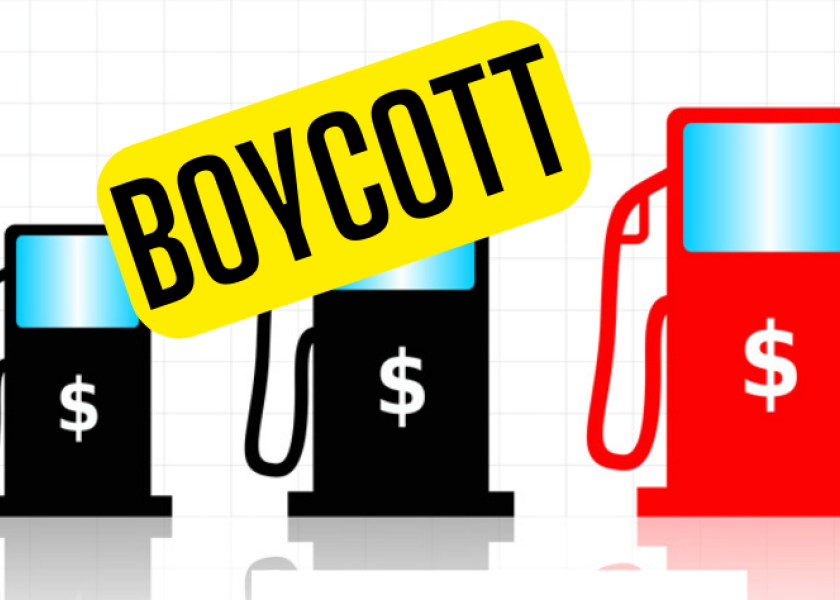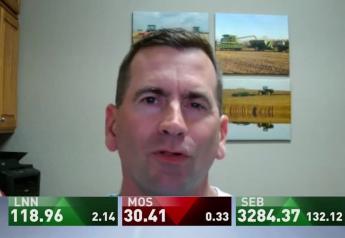Will a Fuel Boycott Lead to Decreased Prices at the Pump?

Want lower fuel prices? Boycott filling up your fuel tank over the Independence Day weekend, says the people of social media.
A nationwide boycott has filtered through social media channels, encouraging consumers to refrain from buying gasoline and diesel July 3 to 5, claiming this act will be a step towards lower fuel prices.
With the national average price of regular gasoline at $4.95 and diesel at $5.81, AAA reports, consumers continue to look for ways to decrease the pain at the pump.
As Independence Day nears, AAA predicts “47.9 million people will travel 50 miles or more from home over the holiday weekend (June 30 – July 4).” This is an increase of 3.7% over last year and will set a new volume record despite historically high fuel prices, AAA notes.
AAA also says car travel specifically is expected to break previous records as 42 million people opt to drive instead of other travel methods.
“Recent issues with air travel and ongoing concerns of cancelations and delays may be driving this increase,” AAA adds.
Do Fuel Boycotts Work?
“I've never seen a gas boycott result in anything,” says Patrick De Haan of GasBuddy in a Money article.
Though consumers might boycott the pump July 3 to 5, its expected they will still buy fuel, simply shifting to days before or after the holiday.
Overall, the decrease in demand is likely minimal.
Long-term trends, such as the conflict in Ukraine and reduced refinery capacity, continue to drive up the price of crude oil, Money reports. Until crude oil prices fall, fuel prices will likely stay at higher levels.
A more effective way of instantly decreasing fuel prices would be to suspend gas and diesel taxes; however, that move will have its own long-term consequences.
Has Fuel Demand Decreased?
Fuel demand seems to be a topic of debate.
On a recent Pro Farmer audio update, host Davis Michealsen notes American drivers are beginning to buy less gasoline as they feel the economic burden of record prices.
Additionally, “In the first full week of June, gasoline sales at U.S. stations were down about 8.2% compared with the same week last year, according to surveys by energy-data provider OPIS,” Jim Wiesemeyer reports.
While AAA’s Paula Twidale reports, “Earlier this year, we started seeing the demand for travel increase and it’s not tapering off. People are ready for a break and despite things costing more, they are finding ways to still take that much needed vacation.”
How has your travel changed in response to high fuel prices?







